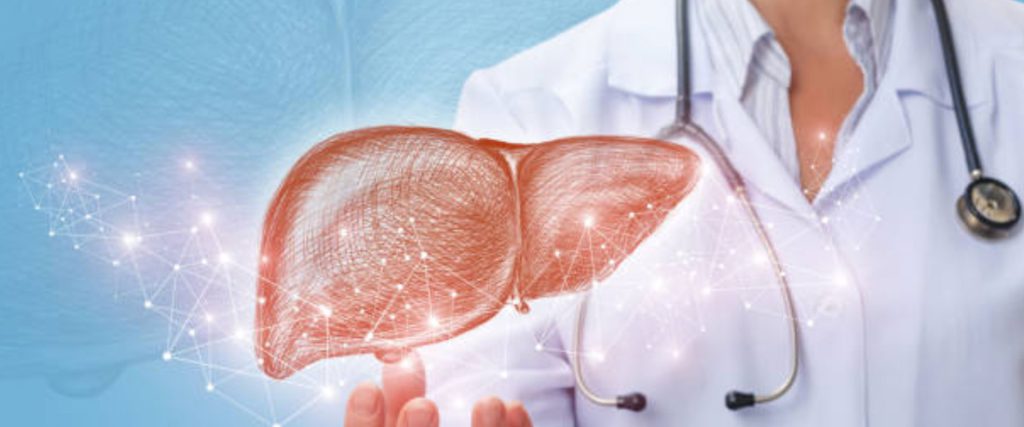Deceased donor livers come from people who have died all of a sudden, mostly from an accident or other unforeseen causes. These people age somewhere between one to seventy years and were relatively healthy before they passed. In such cases, either the individuals have previously expressed a willingness to donate organs or the families make a decision on organ donation post-death.
The liver is removed and placed in a sterile fluid that is similar to the fluid in body cells as soon as the deceased donor is confirmed to be brain dead. After being extracted, the liver is kept in the refrigerator and must be implanted within 24 hours of recovery.
The only requisite for the transplant is that the donor and receiver need to be of almost the same body size and have a compatible blood type.

The only alternative for patients with advanced liver disease who lack a suitable family donor is to wait for a suitable Deceased Donor liver. The patient gets added to the official state-by-state waiting list as soon as they are deemed suitable for the transplant. Based on the patient’s blood type and the time they have been waiting, a donor liver may be offered. While choosing the best match, factors including the relative sizes of the patient and the donor, the liver quality of the donor, and the patient’s health are also taken into account.
Being on the waitlist can be a very difficult time. The most important thing is to keep the patient as healthy as possible so that one can proceed with the transplant when a liver eventually becomes available.
The allocation of donor livers is determined by the time spent on the waiting list. The typical wait time is between six and twelve months. The patient’s blood group is one of many variables that affect the waiting time. Unfortunately, not everyone on the transplant waiting list gets a liver transplant. While awaiting a new liver, some of the patients will deteriorate and eventually become too unwell to get a transplant. Over 10% of patients in Western nations run the danger of passing away before receiving a suitable liver. Because there are so few deceased donors in India, there is a 50% chance that someone will pass away while they are on the waiting list. Hence, we suggest our patients to continue looking into the possibilities of a family donor during the period, as that might ensure an on-time transplant.
We are available 7 days a week and have specific clinic hours with all doctors on staff. Outside of normal clinic hours you can receive an on call Doctor or Nurse at your nearby hospital if needed.